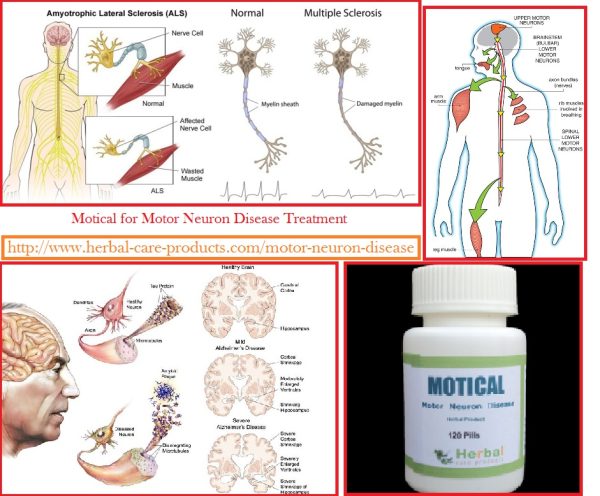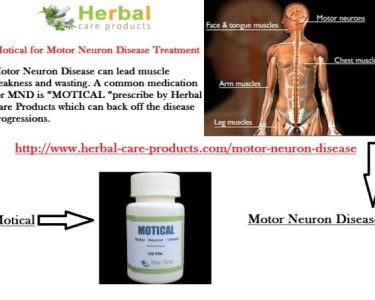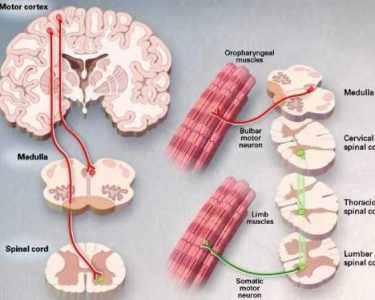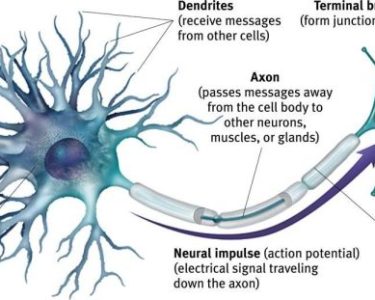Motor Neuron Disease
Motor neurone disease is a neurological condition that causes the progressive degeneration of specialised nerve cells, called motor neurons, in the brain and spinal cord. It has no known cause and is invariably fatal, with a likely life expectancy of 2 – 4 years from diagnosis. In New Zealand about 300 people have motor neurone disease at any one time. Slightly more men than women develop the disease. Symptoms for motor neuron disease can include generalised muscle spasms, exaggerated reflexes and a progressive wasting and weakness of muscles responsible for speech, chewing and swallowing. As the condition progresses, sufferers may be unable to walk, speak, use their arms and hands, or hold up their head.
Causes for Motor Neuron Disease
Motor neurons in the brain and spinal cord convey electrical messages from the brain to the muscles to stimulate movement in the arms, legs, trunk, neck and head. As motor neurons degenerate, the muscles do not work properly and gradually weaken and waste away. This muscle weakness and wasting affects speech, swallowing, movement and breathing.
There are multiple forms of motor neuron disease. The three main forms are amyotrophic lateral sclerosis (ALS), progressive muscular atrophy (PMA) and progressive bulbar palsy (PBP). Each form is named according to the pattern of symptoms it presents. The most common form is ALS (also known as Lou Gehrig’s disease) which affects about 75% of all motor neurone disease sufferers. A fourth form of the disease, primary lateral sclerosis (PLS), is rare and often only provisionally diagnosed.Most cases of motor neurone disease occur randomly, with no known causes for motor neuron disease. However, 5 – 10% will have a family history of the disease, suggesting a genetic link in those cases.Motor neuron disease is most commonly diagnosed in those over the age of 40 years, and has its highest incidence in those aged between 50 and 70 years. In some cases, though, symptoms of motor neuron disease can first appear in a person’s 20s.
Usually the onset is gradual but younger patients may show a more rapid progression. The average life expectancy is two to four years from diagnosis but some people succumb within a matter of months, while others live up to 20 years.
Signs and Symptoms of Motor Neuron Disease
Initial symptoms will depend on the form of the condition. However, the most common early sign is weakness in the arms and legs. This is often more pronounced on one side than the other. Other early signs of the condition include:
- Muscle twitching
- Muscle wasting
- An increasingly stiff, clumsy walk
- General fatigue
- Difficulty with chewing, swallowing and speech
Motor neuron disease can affect the upper motor neurons in the brain (causing generalised muscle spasms and exaggerated reflexes), or the lower motor neurons in the brain stem and spinal cord (causing a progressive wasting and weakness of muscles responsible for speech, chewing and swallowing). Because motor neuron disease is a progressive disease, both the upper and lower motor neurons are eventually affected.
As the condition progresses, motor neuron disease sufferers may not be able to:
- Walk
- Use their hands and arms
- Speak clearly, or at all
- Swallow
- Hold up their head
Weakness of the respiratory muscles makes breathing and coughing difficult. Poor swallowing makes it more likely that food or saliva will be inhaled into the lungs. This increases the likelihood of infection in the lungs, which is often the cause of death for people with motor neuron disease.Pain is experienced in about 40% of cases. Musculoskeletal pain, pressure associated with immobility and muscle cramps are the most common causes of motor neuron disease. Motor neurone disease does not affect touch, sight, smell, hearing, or intellect. Additionally, the muscles that move the eyes are usually not affected.
In up to 25% of cases, motor neurone disease is associated with frontotemporal dementia, which is a type of dementia that can affect personality and behavior.
Motor Neuron Disease Diagnosis
There is no specific test for motor neuron disease and it may be difficult to diagnose in the early stages. Diagnosis relies on a complete medical history and physical examination, as well diagnostic tests. If motor neurone disease is suspected, a referral to a neurologist (a doctor who specialises in the treatment of diseases of the nervous system) will be recommended.
A common test used in the diagnostic process is an electromyogram (EMG) which is an electrical test of muscle function. Another common test is a nerve conduction study (NCS) which assesses a nerve’s ability to send a signal. Other tests that may be used to assist with the diagnosis and rule out other causes for the symptoms include:
- Blood and urine tests
- X-rays
- Computerised tomography (CT) or magnetic resonance imaging (MRI) scans
- Muscle biopsy – to determine the health of the muscle tissue
Treatment of Motor Neuron Disease
Many persons say no treatment for motor neuron disease and no cure will significantly alter its course. Medications may be prescribed to control involuntary muscle twitching, muscle cramps and excess saliva. However, treatment of motor neuron disease essentially focuses on retaining function and quality of life, and providing comfort.
But motor neuron disease natural treatment help to improve health & motor neuron disease herbal treatment have no side effects. Treat natural way and safe.
Treatment by motor neuron disease natural remedies we prefer Herbal Care Products company WHO created best for people. Motor neuron disease herbal remedies is the Motical product.
A disease-modifying drug called riluzole (Rilutek), which has the potential to modestly prolong survival in some patients, is available in New Zealand.
Management of the condition will require input from a multi-disciplinary group of health professionals that may include:
- Family doctor and medical specialists (neurology, respiratory, sleep, gastroenterology)
- Physiotherapists
- Occupational therapists
- Speech and language therapists
- Nurse specialists and district nurses
- Dietitians
- Social workers
- Counsellors
- Palliative care specialists and hospice care
- Sleep technologists
Together, and in conjunction with the patient and family, they will work to maintain mobility and make maximum use of the affected person’s abilities. A wide variety of equipment to help overcome practical difficulties and communication problems are available.The progressive nature of the condition means that most people will eventually require full time nursing care. When breathing becomes too difficult, a mechanical ventilator may be required to maintain breathing. While the use of a ventilator can prolong life and improve sleep, it will not alter the course of the condition, and many people with motor neuron disease therefore choose not to use ventilators for lengthy periods.
Motor Neuron Disease Support and information
The Motor Neuron Disease Association of USA (Inc) provides support, advice, information and advocacy for people living with the disease.




